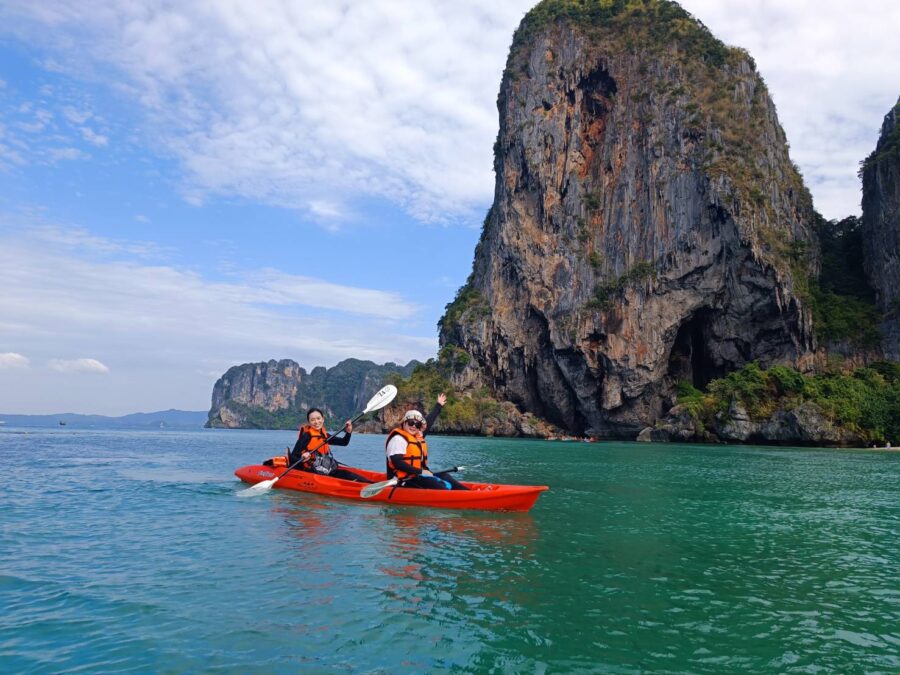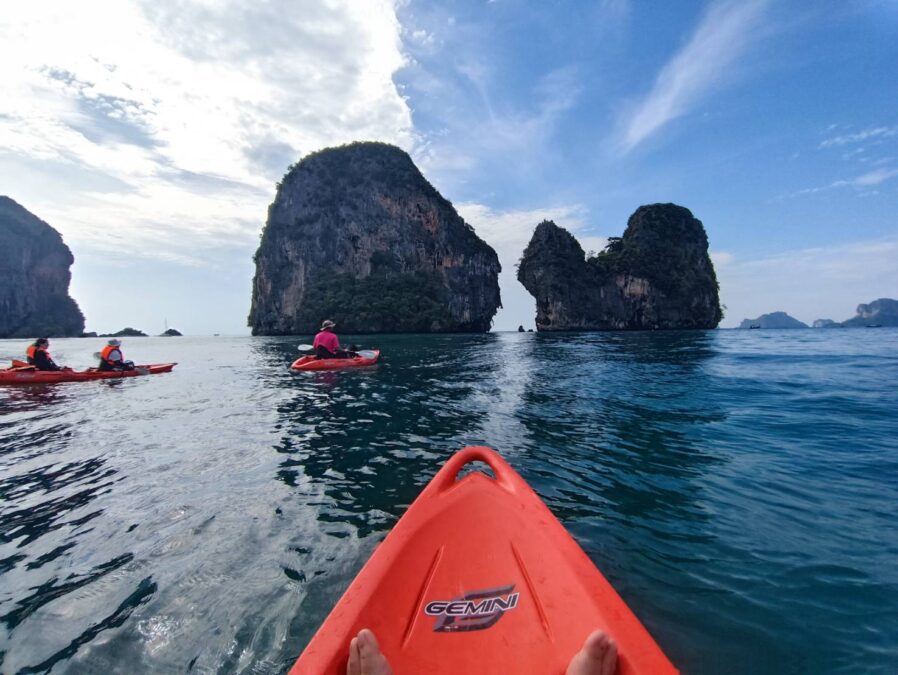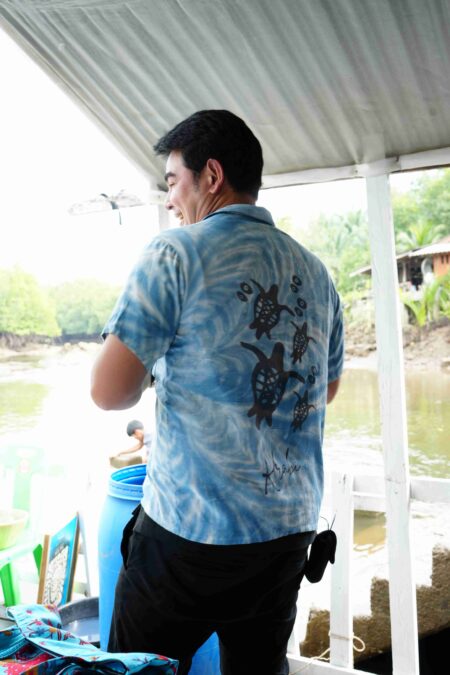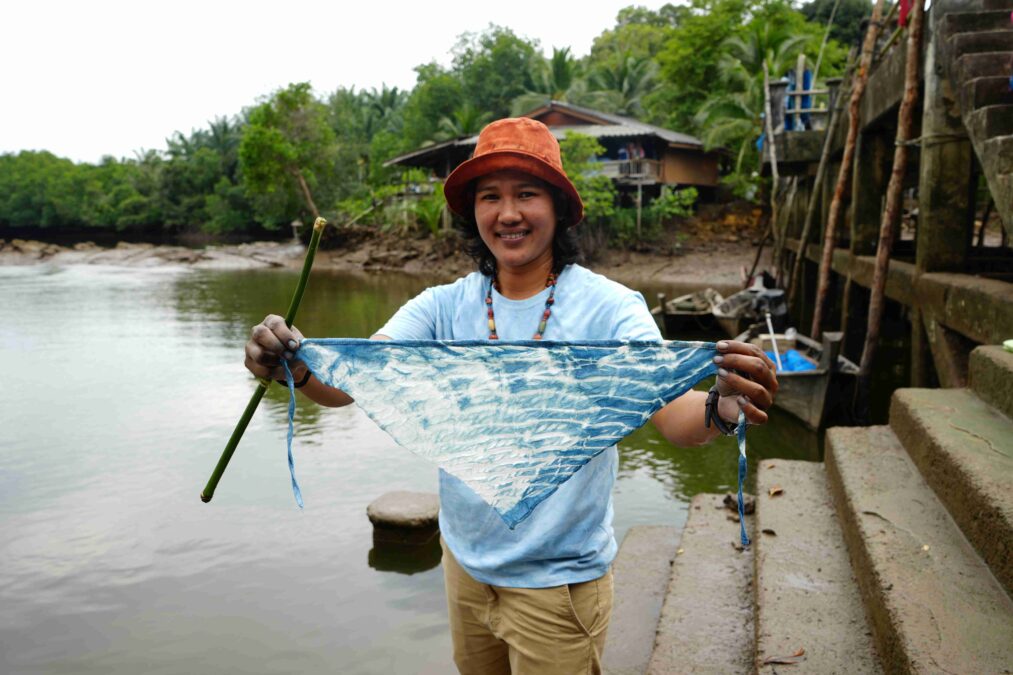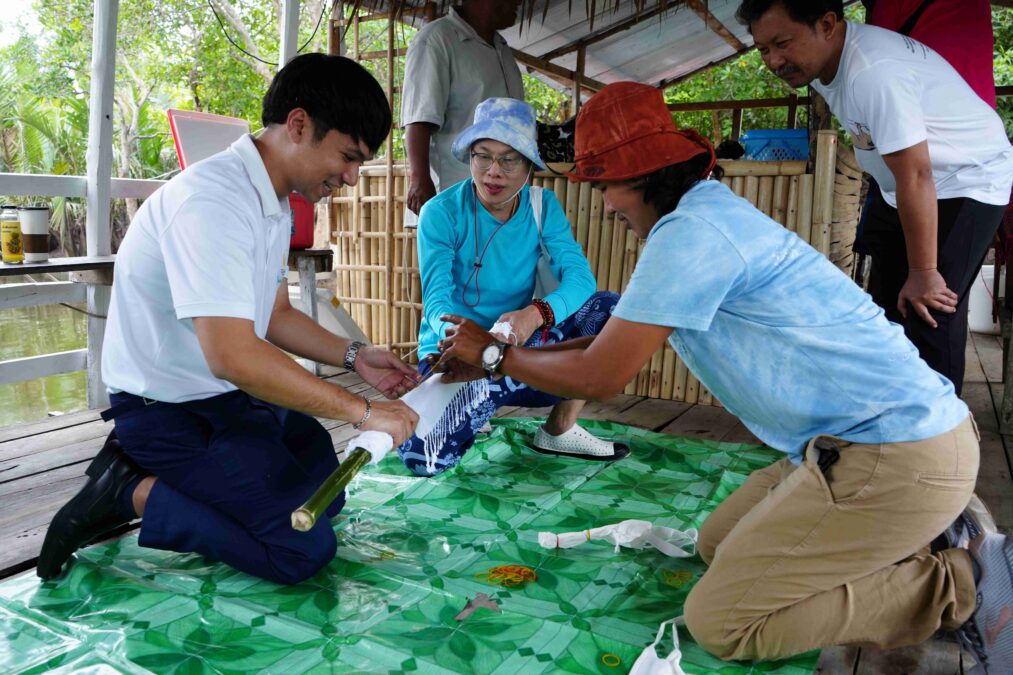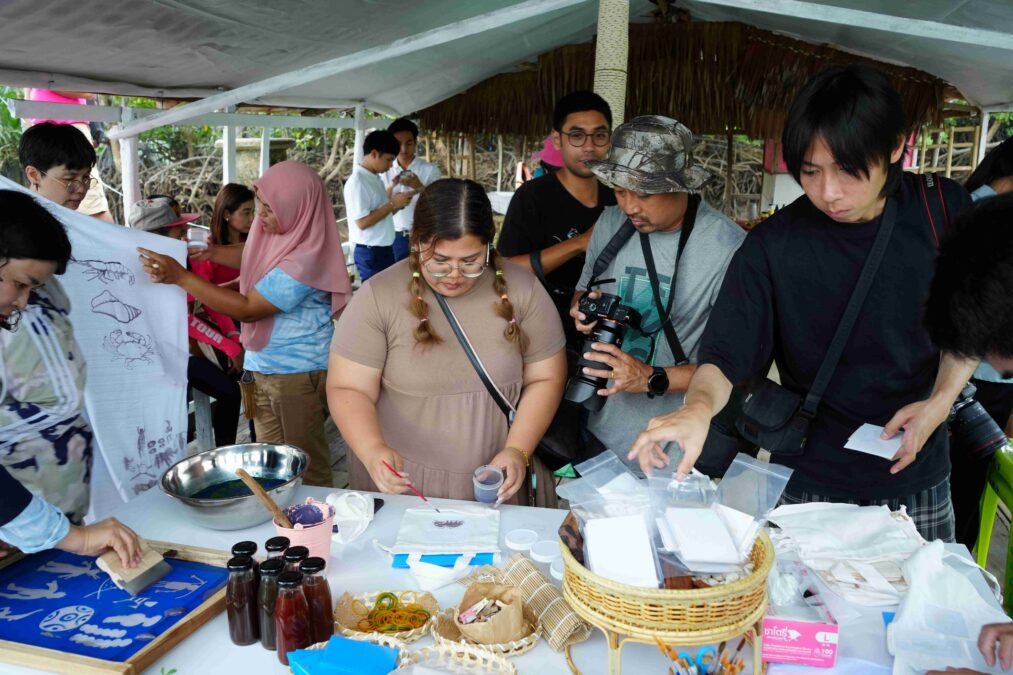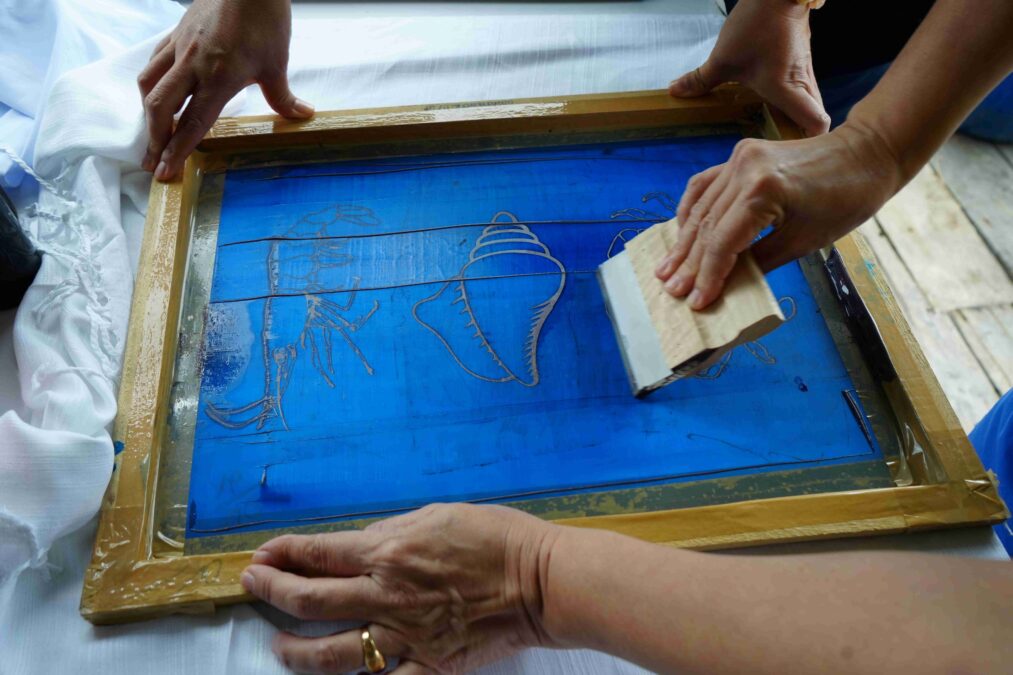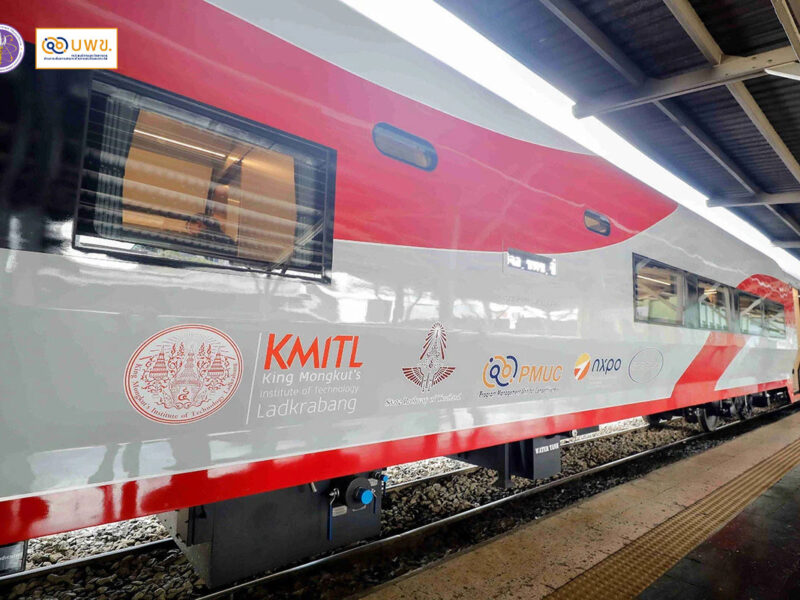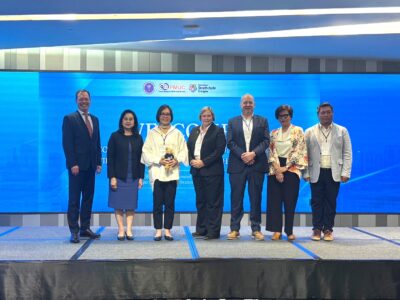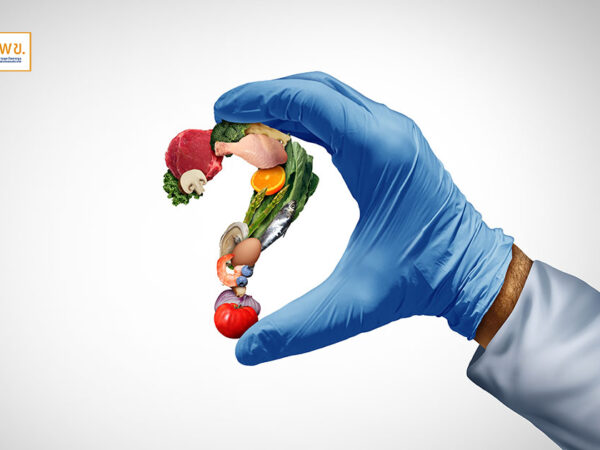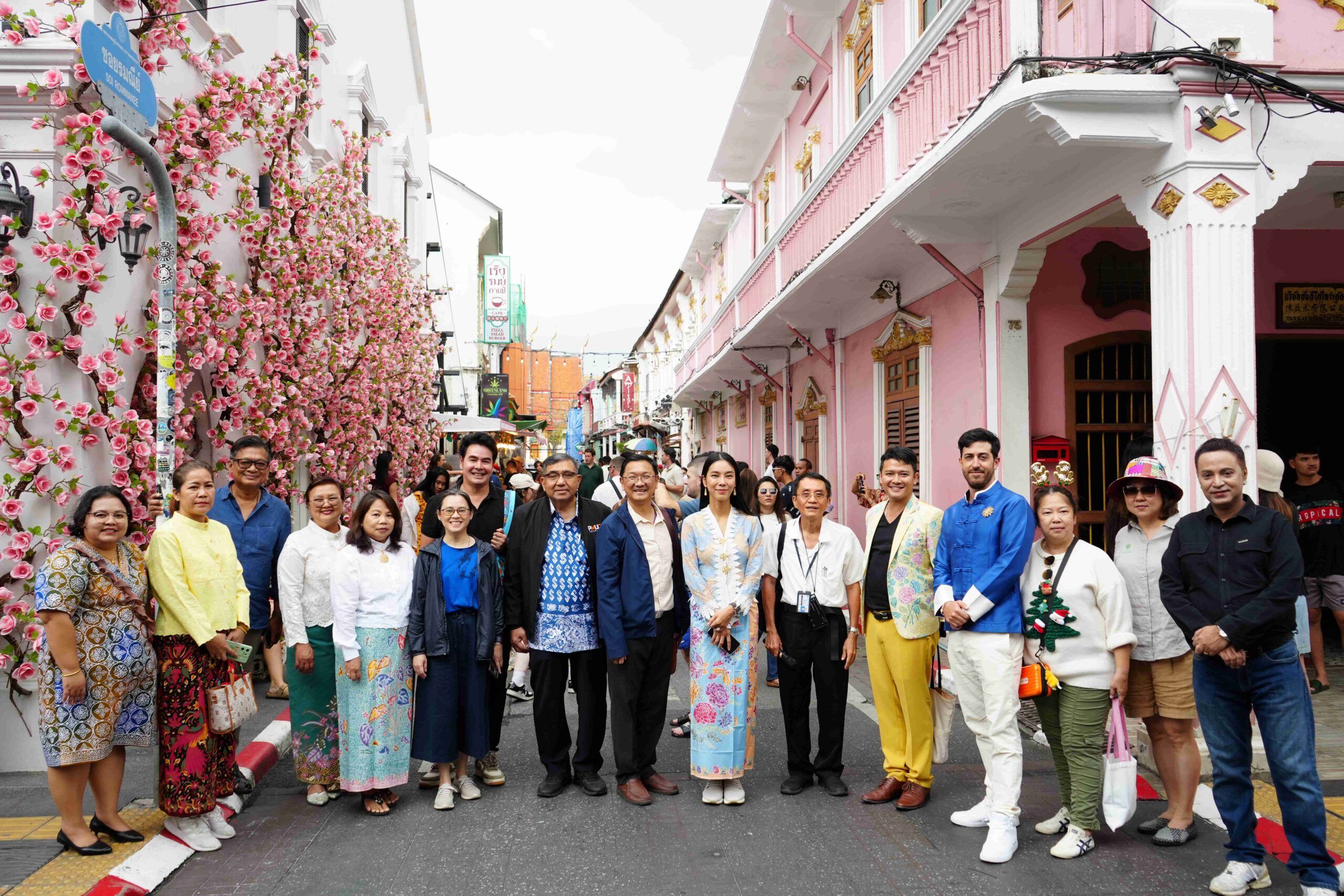
MHESI, TSRI, and PMUC, in collaboration with the Tourism Authority of Thailand (TAT), to promote pilot activities in carbon-neutral tourism in Phuket and Krabi provinces. This initiative includes launching the “Zero Carbon” application at the end of 2023, addressing carbon footprint assessments and offsetting through carbon credits. The event aims to drive tourism with scientific knowledge, research, and innovation, and was held December 24th to 26th, 2023.
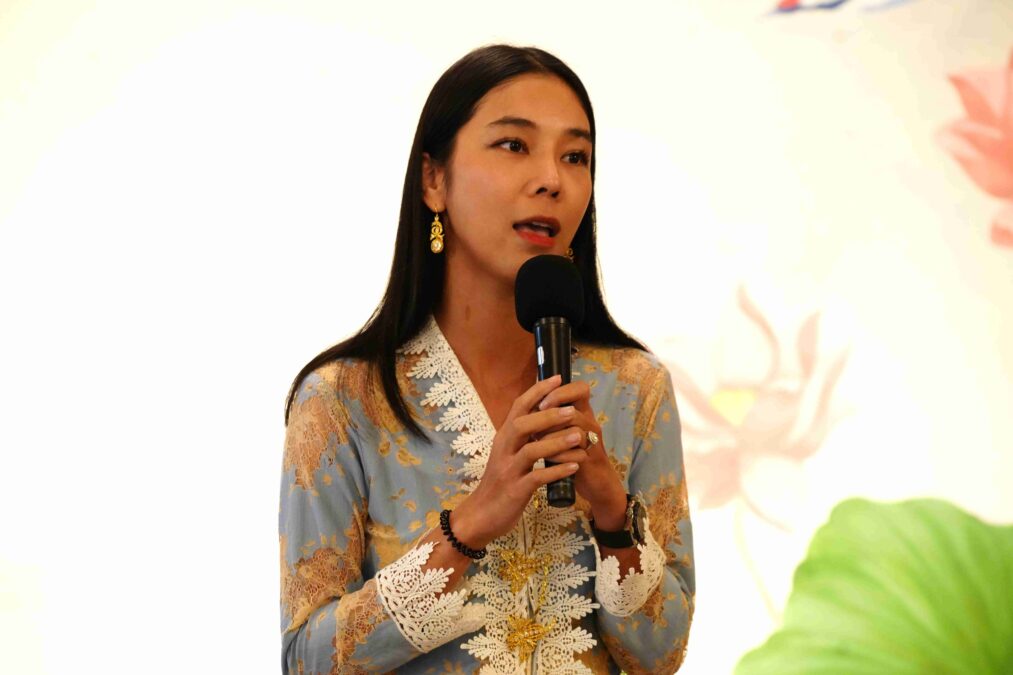
Ms. Suchada Tansup, Secretary of the Minister of MHESI, stated that this event marks a significant step reflecting the determination to drive Thailand’s tourism and MICE industry towards sustainability. It aligns with the government’s vision in addressing climate change and promoting a sustainable future, with the near-term goal of creating a low-carbon society and achieving carbon neutrality by 2050. The long-term objective is to achieve net-zero greenhouse gas emissions by 2065, through collaboration between the public and private sectors to enhance the country’s competitiveness.
Under the Tourism and Creative Economy Development Program, managed by the Program Management Unit for Competitiveness (PMUC), under the TSRI fund sponsored by MHESI, there has been the necessary transfer of knowledge, scientific research, and extensive networking focusing on important principles aligned with the primary policy championed by Miss Supamas Isarapakdee, the Minister of MHESI, who emphasized “Good Research and Innovation to Meet Needs,” emphasizing research and innovation in key areas for the country, including Go Green, Sufficiency Economy, Carbon Neutrality, Clean Energy, Bioeconomy, Environmentally Friendly Economics, Creative Economy, and Artificial Intelligence (AI).
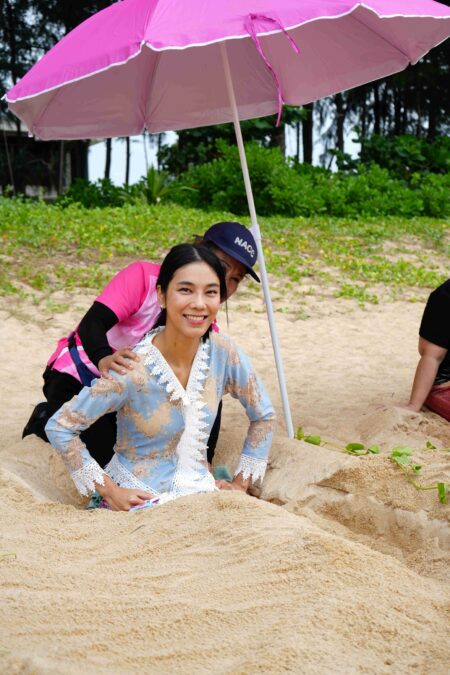
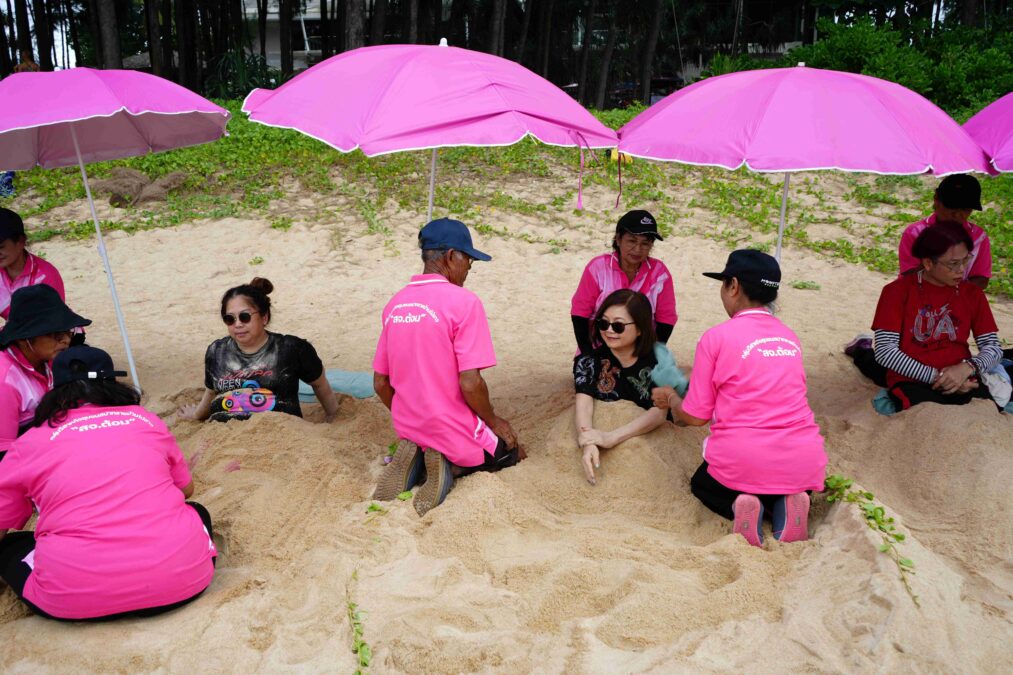
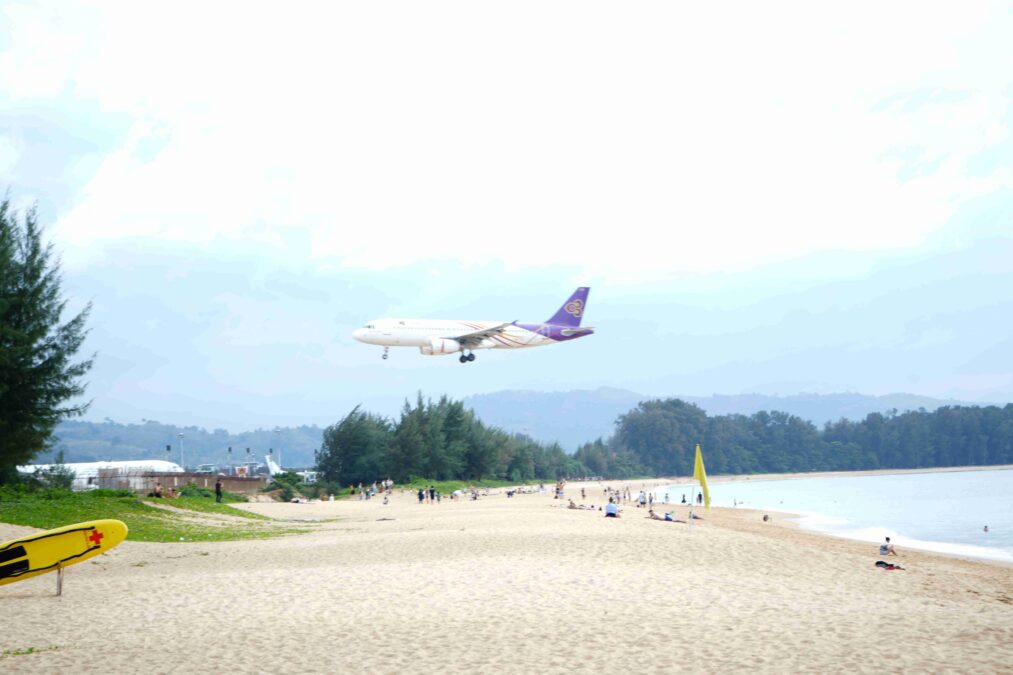
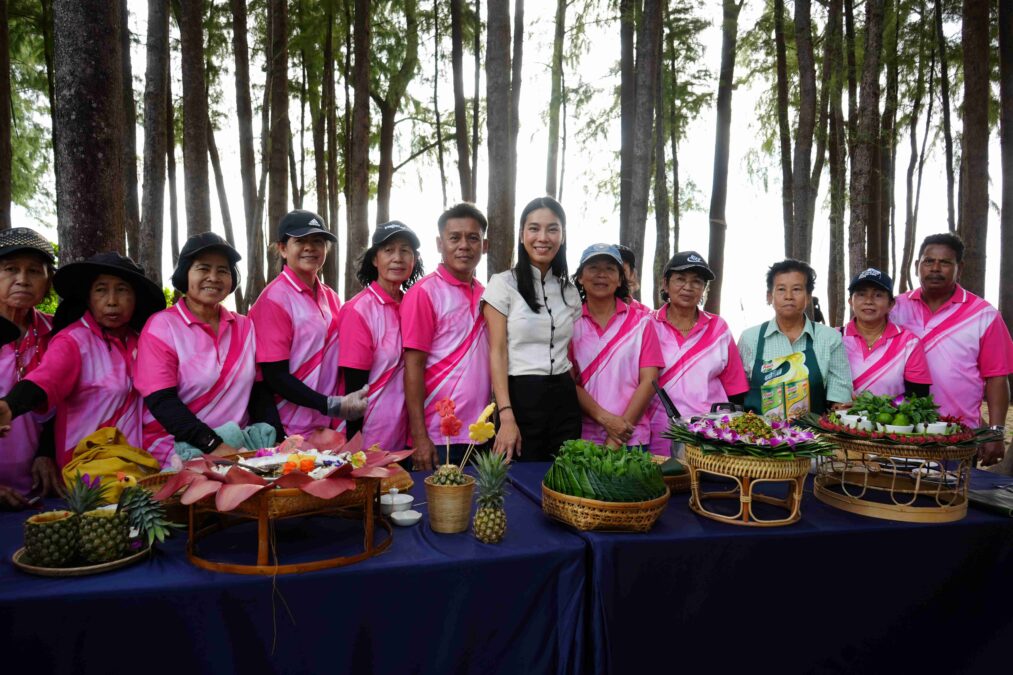
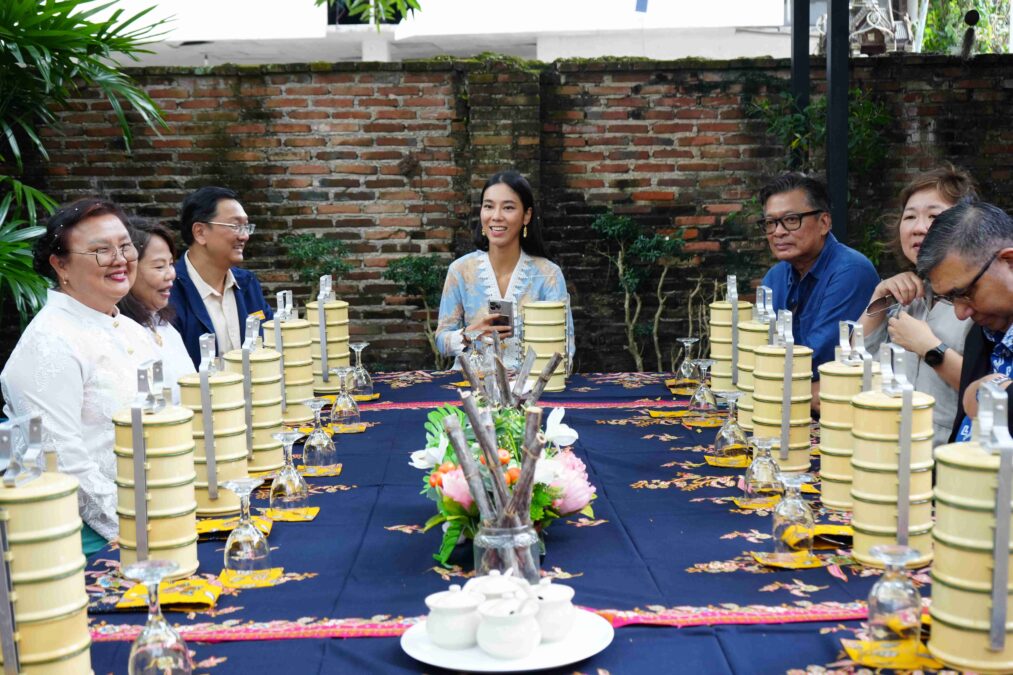
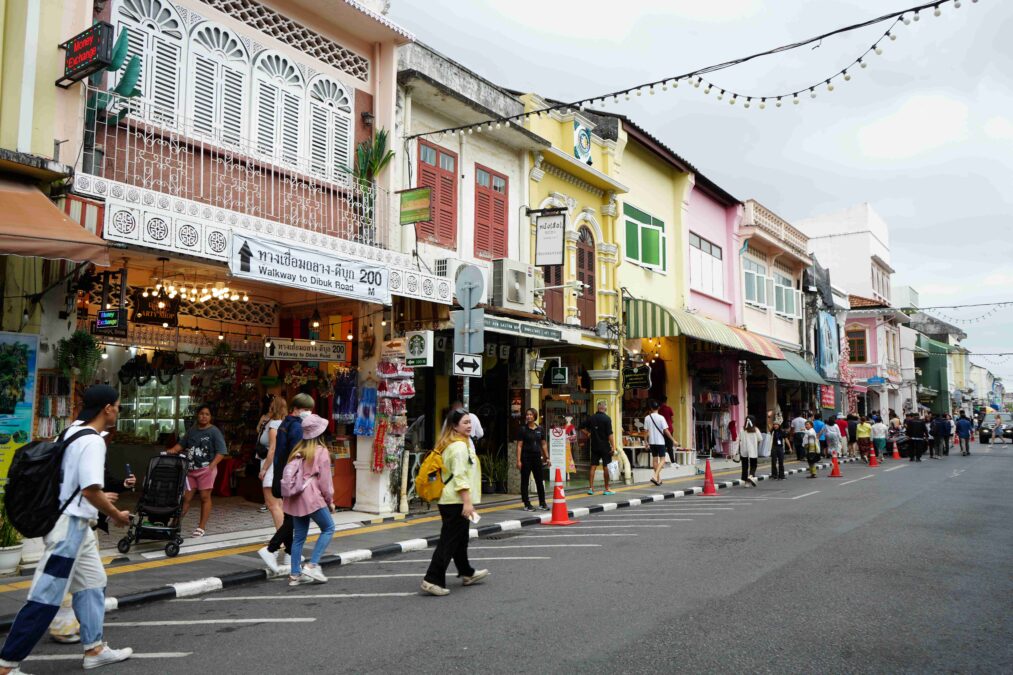
Private sector leadership with government support fosters collaboration to define directions and requirements. Then research institutions and universities will fully support the initiatives. It also emphasizes the integration of work between the public sector, private sector, and academia, researchers, educational institutions, and stakeholders, especially in the tourism and service industries. This ensures that research is not merely theoretical but also applicable and beneficial to the industry. It will be a crucial mechanism in driving the country’s economy, as outlined by Prime Minister Settha Thaweesin.
As research project examples that MHESI is currently undertaking through the National Science Research and Innovation Fund (SRI), TSRI has developed a roadmap for the development of Carbon Capture, Utilization, and Storage (CCUS) technology in Thailand. This includes analyzing necessary policies and support systems to facilitate research and development in Thailand, in collaboration with relevant government and private sector agencies. This initiative aims to estimate resources and necessary support mechanisms that Thailand needs to promote, including cooperation mechanisms with international partners, to achieve the carbon neutrality target by the year 2050 as declared by the Prime Minister.
Moreover, the establishment of the Thailand CCUS Alliance (TCCA) is underway to serve as a focal point for CCUS initiatives. Concurrently, within the Ministry of Science and Technology, the Science Research and Innovation (SRI) Consortium for Net Zero is being formed in collaboration with MHESI to establish SRI Consortium for Net Zero, with cooperation from Office of National Higher Education Science Research and Innovation Policy Council (NXPO) to promote and drive the use of science, research, and innovation to help Thailand achieve its goal of reducing greenhouse gas emissions and positively impacting the economy, society, and environment through SRI integration efforts across all sectors. PMUC will oversee coordination between government and private sector agencies.
“As for the general public, associations, and private sector entrepreneurs interested in utilizing or further developing research outcomes, coordination can be facilitated through TSRI, which is responsible for promoting and supporting the country’s scientific research and innovation system in all aspects, Miss Suchada concluded.
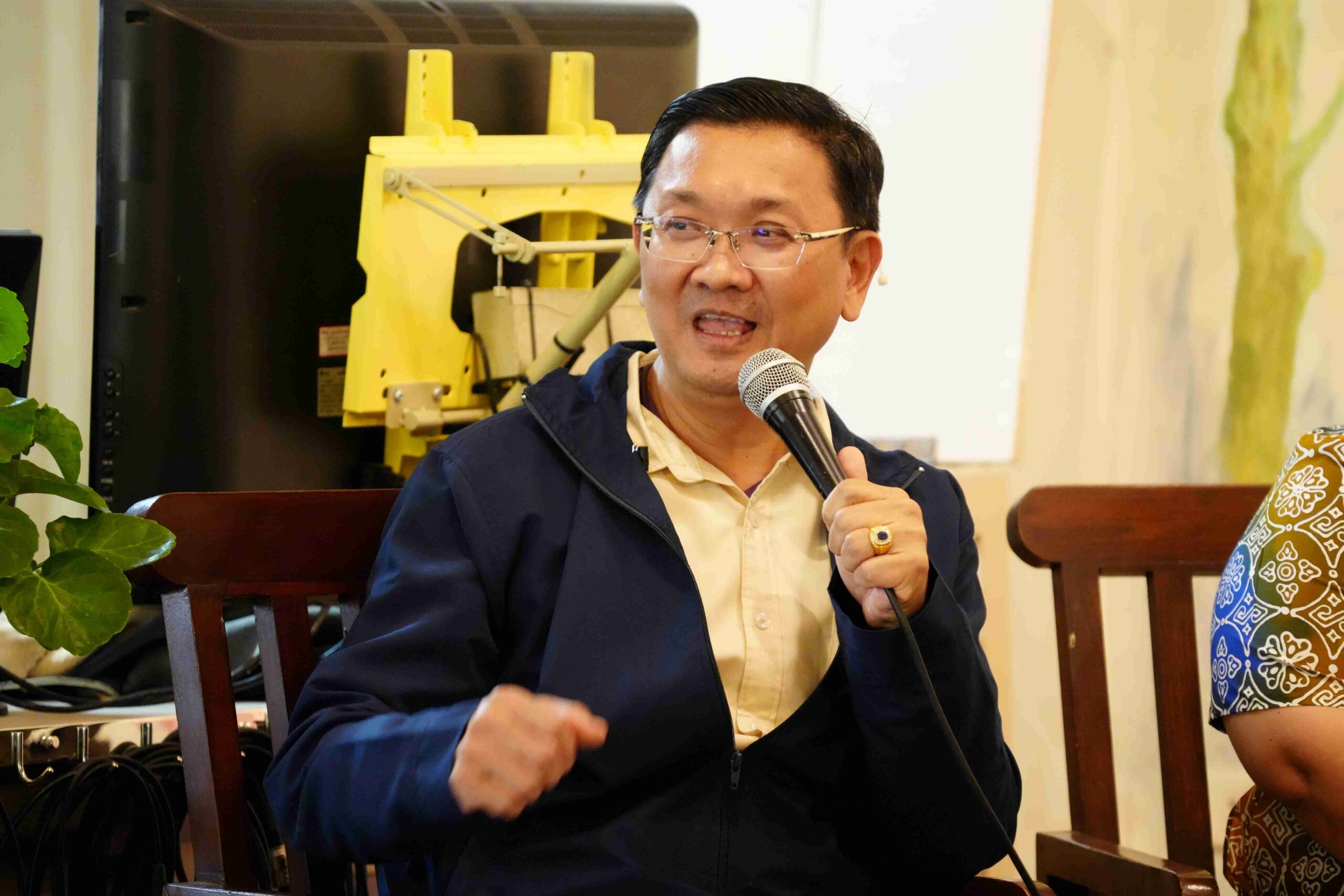
Assoc. Prof. Thongchai Suwansichon, Director of PMUC, emphasized the importance of the tourism sector, which significantly contributes to Thailand’s economic growth. Driving carbon-neutral tourism is essential, as sustainable tourism activities strengthen the tourism sector sustainably and responsibly contribute to environmental conservation. This promotes and enhances the competitiveness of Thailand’s tourism and service industry, aligning with global tourism industry development trends focused on sustainable development to respond to environmental crises. PMUC, thru the Tourism and Creative Economy Development Program, with Assistant Professor Supawadee Pothiyaraj, Chairperson of the subcommittee, and a subcommittee overseeing cooperation between public and private sectors, focusing on designing research plans to jointly drive tourism-supported economic development, generate income, and improve the quality of life for both tourists and service providers in the tourism sector. The Carbon Neutral Tourism (CNT) plan was initiated in 2021 through collaboration among three ministries and eight agencies, including MHESI/PMUC, TAT, TCEB, DASTA, Thai Chamber of Commerce/Federation of Thai Industries, and importantly, private sector represented by the Thai Ecotourism and Adventure Travel Association (TEATA). Entrepreneurs and researchers together design tourism programs/activities to achieve international acceptance and cater to quality tourists, generating real income for the country. Furthermore, CNT concepts are being applied across various tourism sectors such as popular tourist destinations (Andaman Sea/Gulf of Thailand/national parks), agriculture, riverine culture, voluntary tourism, and sports tourism. Presently, in 2023, there are more than 450 communities, over 10 national-level networks, about 50 regional-level networks and DMCs, and participation from over 20 universities and more than 200 researchers, contributing to the development of carbon-neutral tourism products, routes, and services.
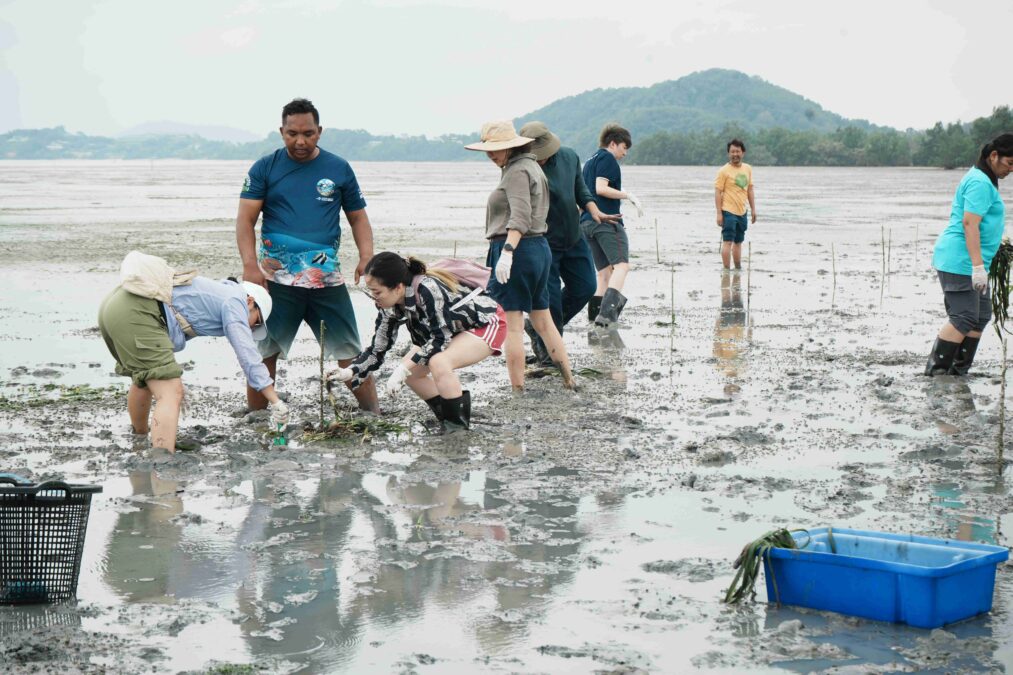
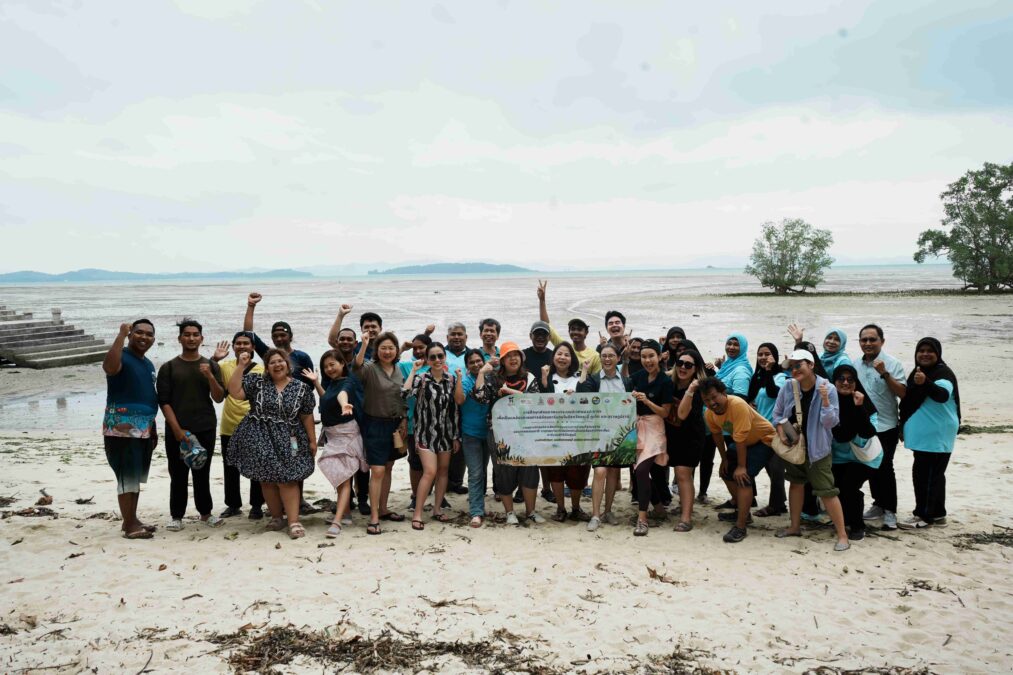
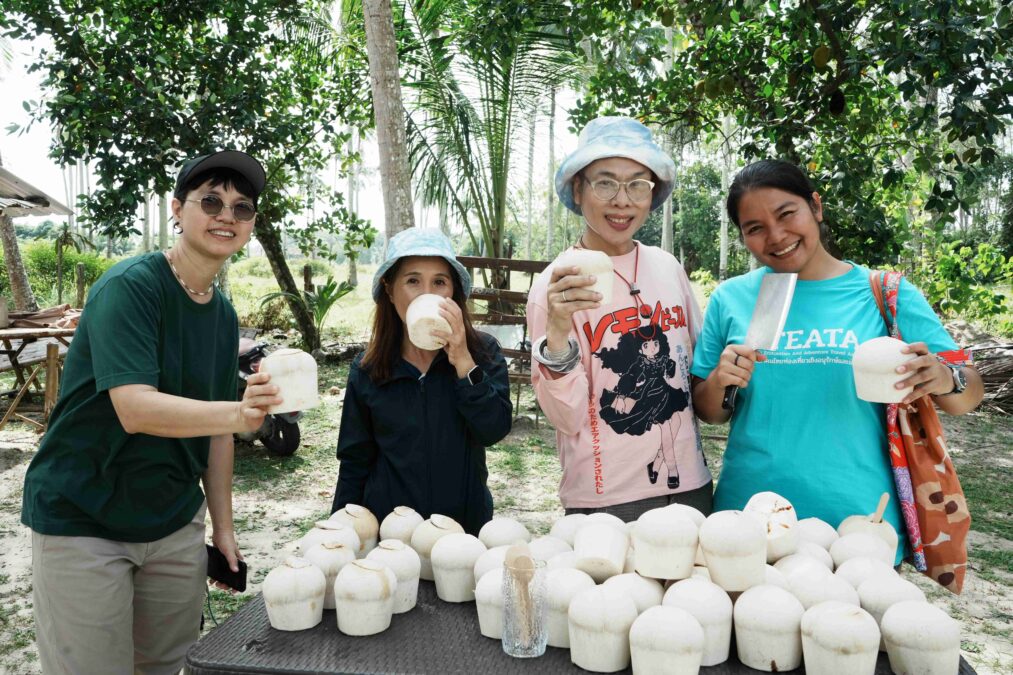
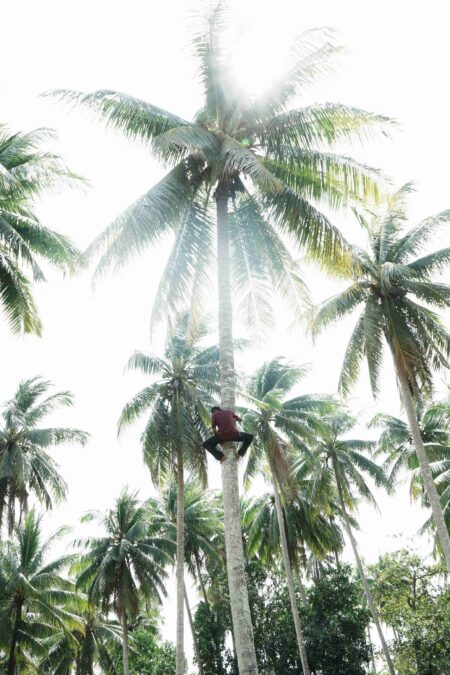
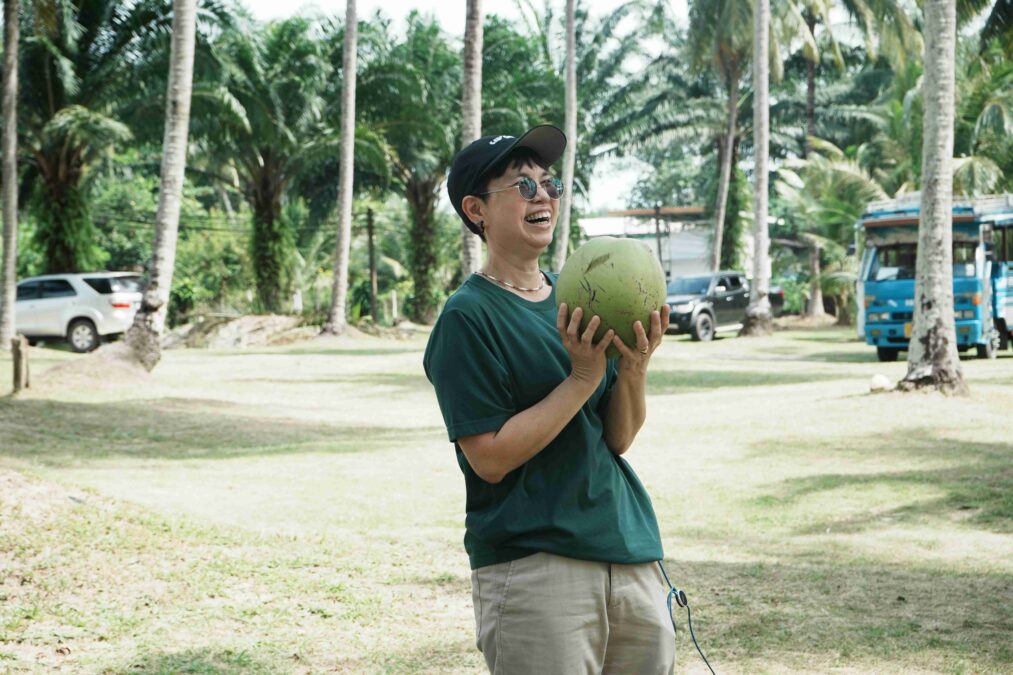
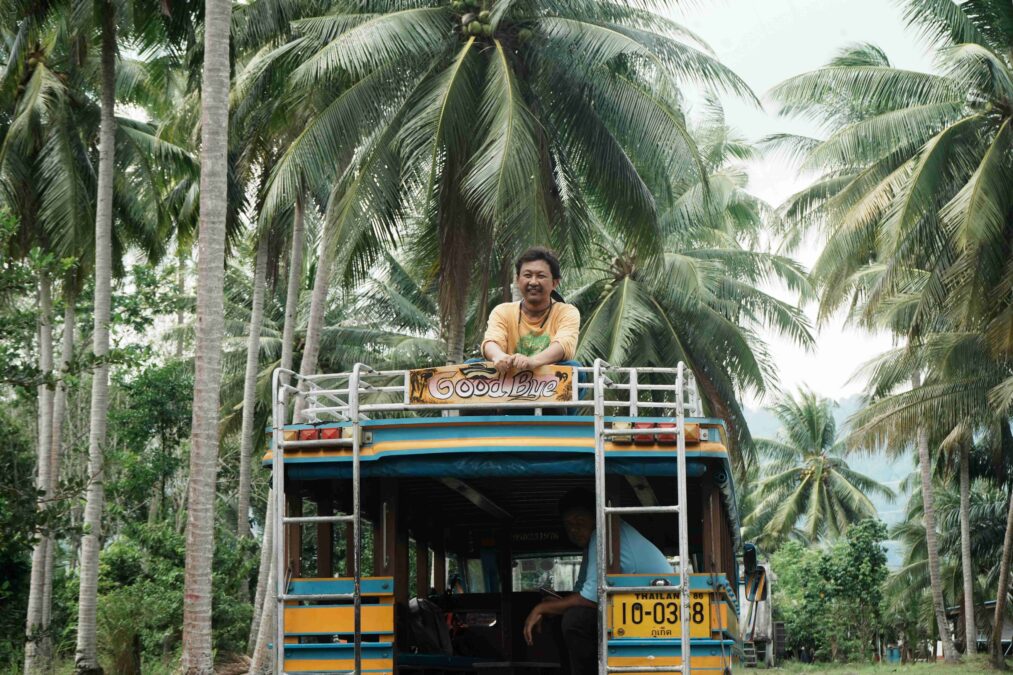
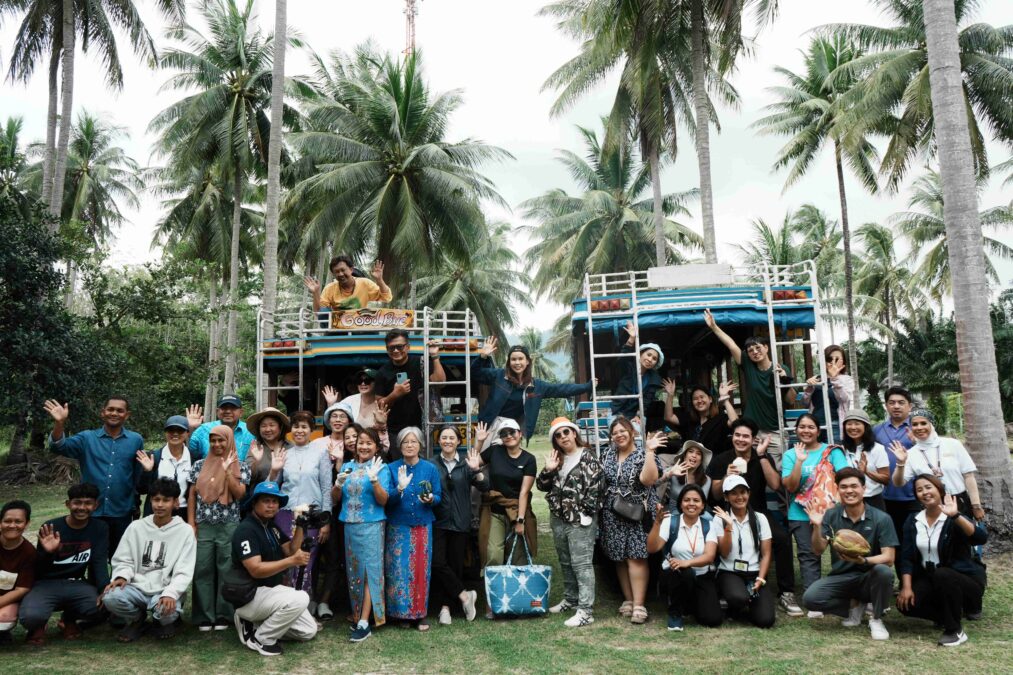
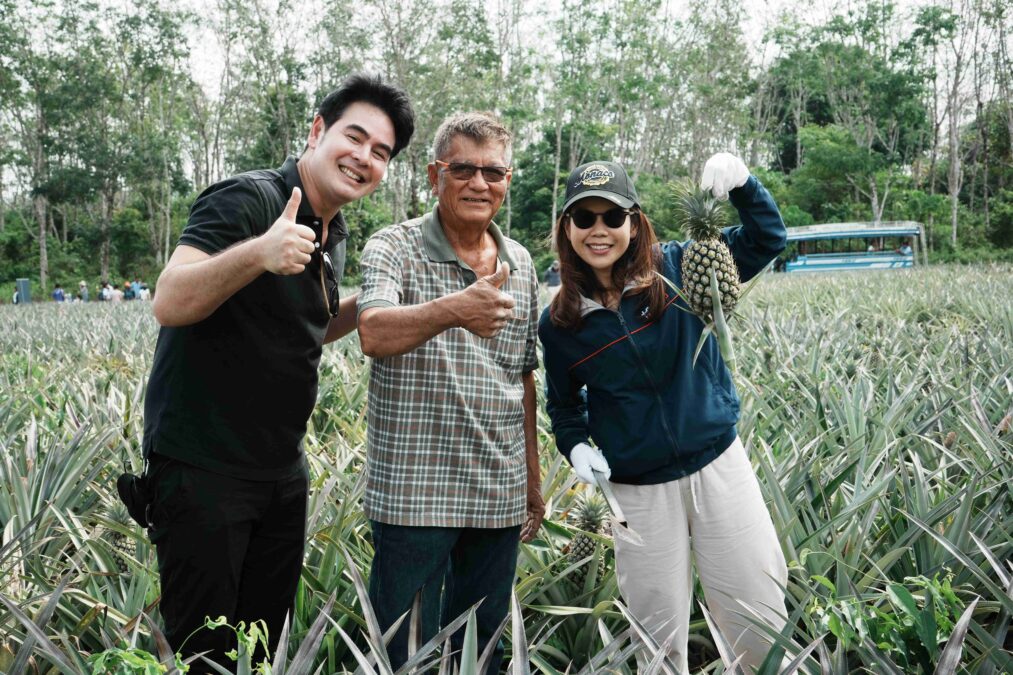
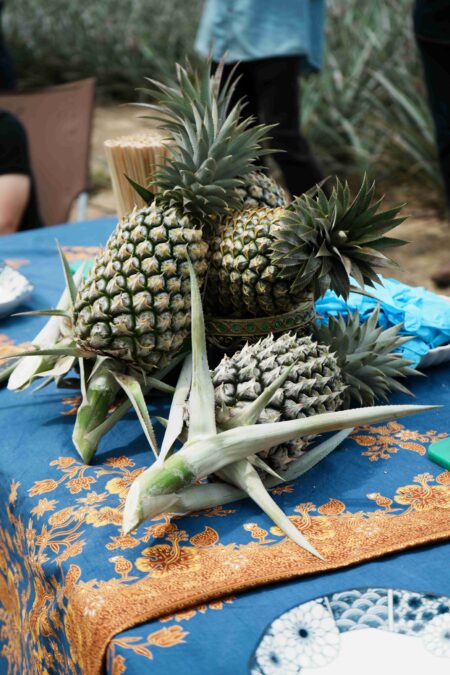
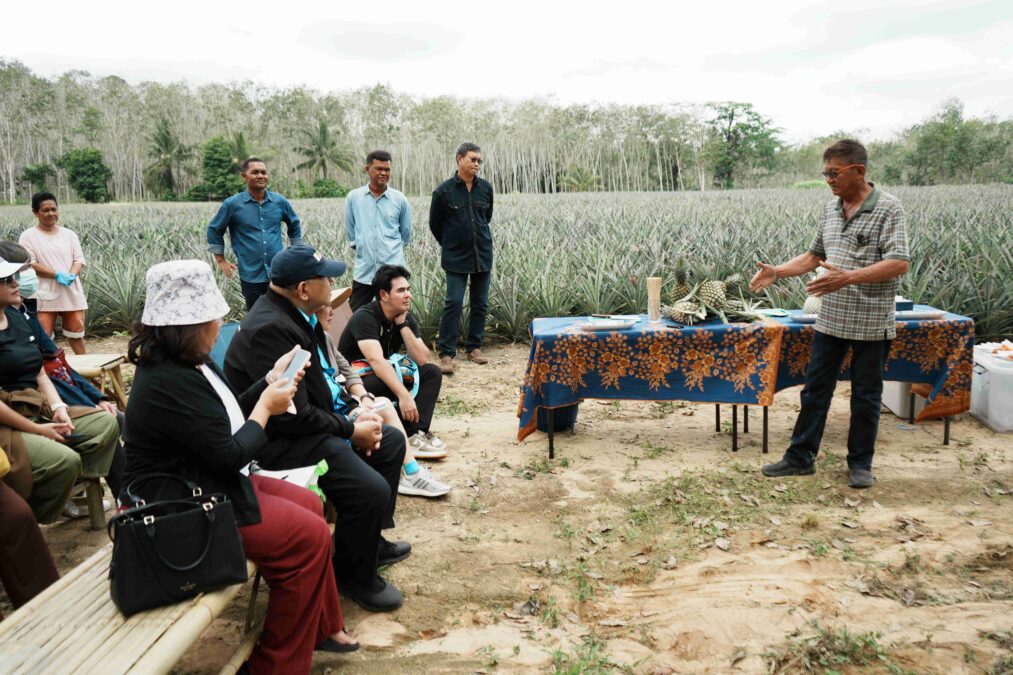
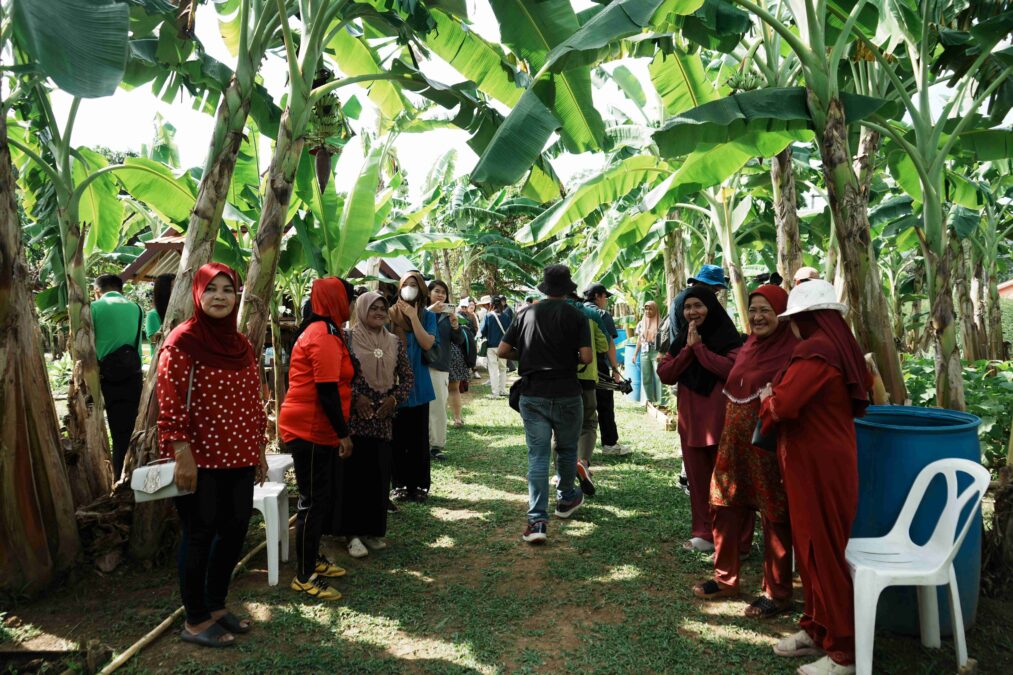
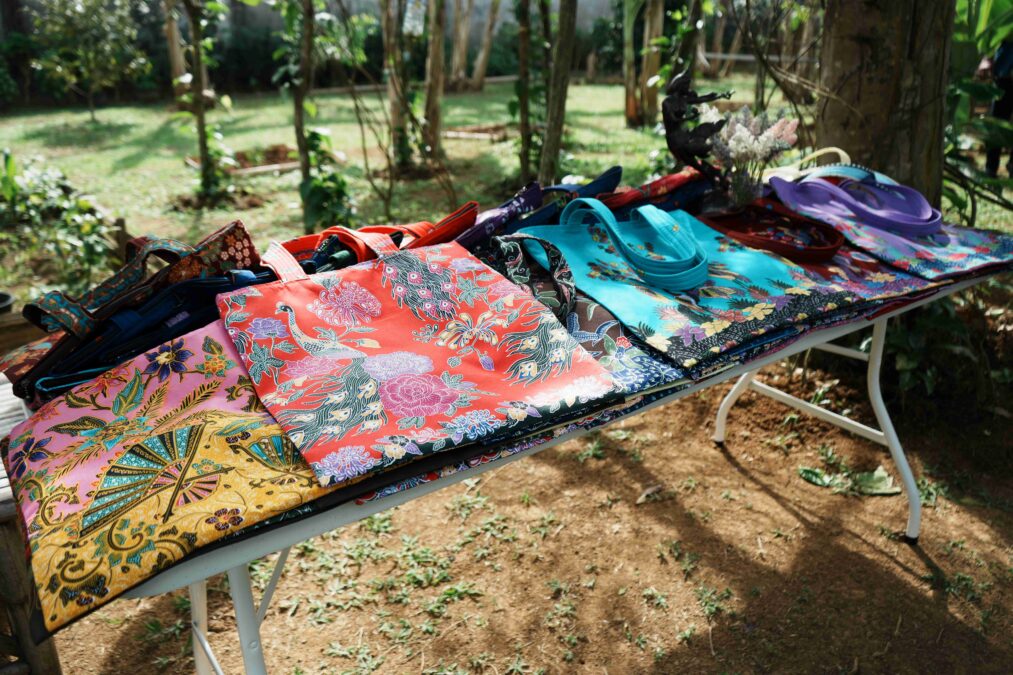
The activities in this event emphasized the importance of mass media in creating awareness among the public, stimulating the participation of tourism operators and local communities, highlighting the significance of adapting processes based on sustainable research findings. Additionally, a Press Trip will utilize the “Zero Carbon” app, supported by the Thailand Convention and Exhibition Bureau (TCEB) under the Tourism and Creative Economy plan, in collaboration with the TEATA Association and the private sector network. TCEB will oversee the development and maintenance of this app, providing travelers with the opportunity to test, collect data, and assess greenhouse gas emissions from various tourism activities. Furthermore, carbon credits will be purchased to offset the total emissions generated by this event, recognized through the app’s system. TCEB believes this app enables businesses to assess and compensate emissions easily and swiftly, while continuously supporting carbon credit projects domestically. This effort aims to advance the tourism industry, positioning Thailand as a global leader in sustainable tourism. TCEB is committed to fostering comprehensive collaboration among governmental bodies, private entities, associations, and educational institutions to address industry pain points with continuous research and innovation.
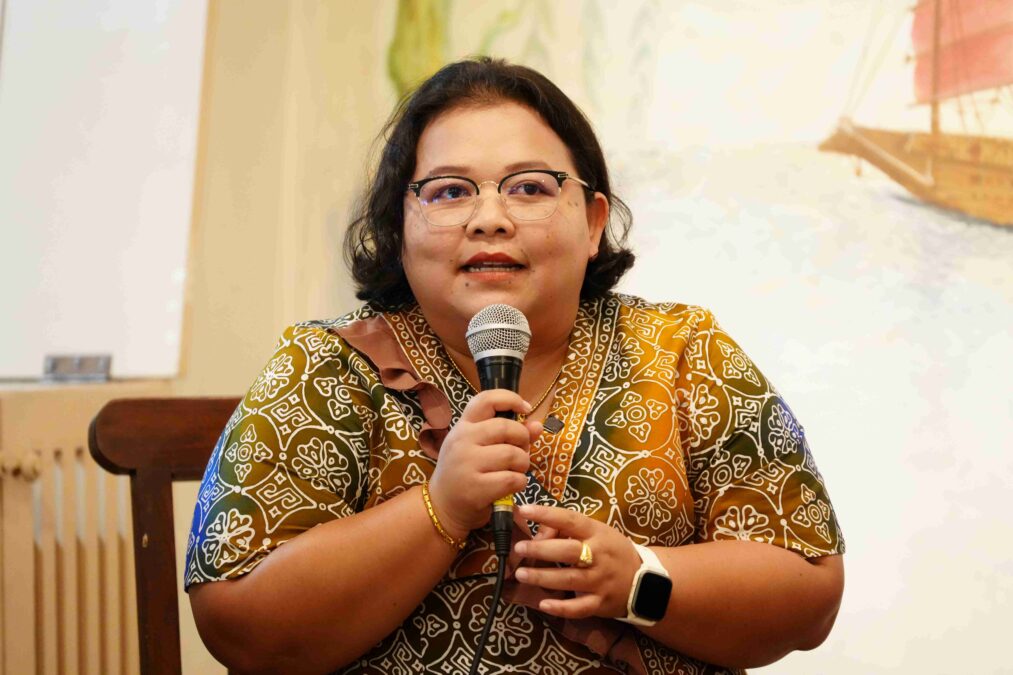
Ratchadaphon O-in, from the Tourism and Sports Authority of Phuket, mentioned that carbon-neutral tourism is becoming a prominent trend nowadays. Travelers are increasingly conscious of environmental conservation, revitalizing both the tourism industry and communities. Phuket’s tourism promotion focuses on its sea, communities, and cuisine, leveraging its beautiful and abundant marine resources, unique communities like Phuket Old Town, and locally sourced cuisine. These three aspects are integrated with carbon-neutral tourism, encouraging local businesses to offer eco-friendly products and services. Initiatives include reducing single-use plastics, using environmentally friendly packaging, sourcing local ingredients for cuisine, and providing nature-friendly activities such as kayaking and mangrove planting to offset carbon emissions. Phuket invites both Thai and international travelers to experience its cultural traditions and natural resources sustainably, with a focus on economic, social, and environmental considerations.
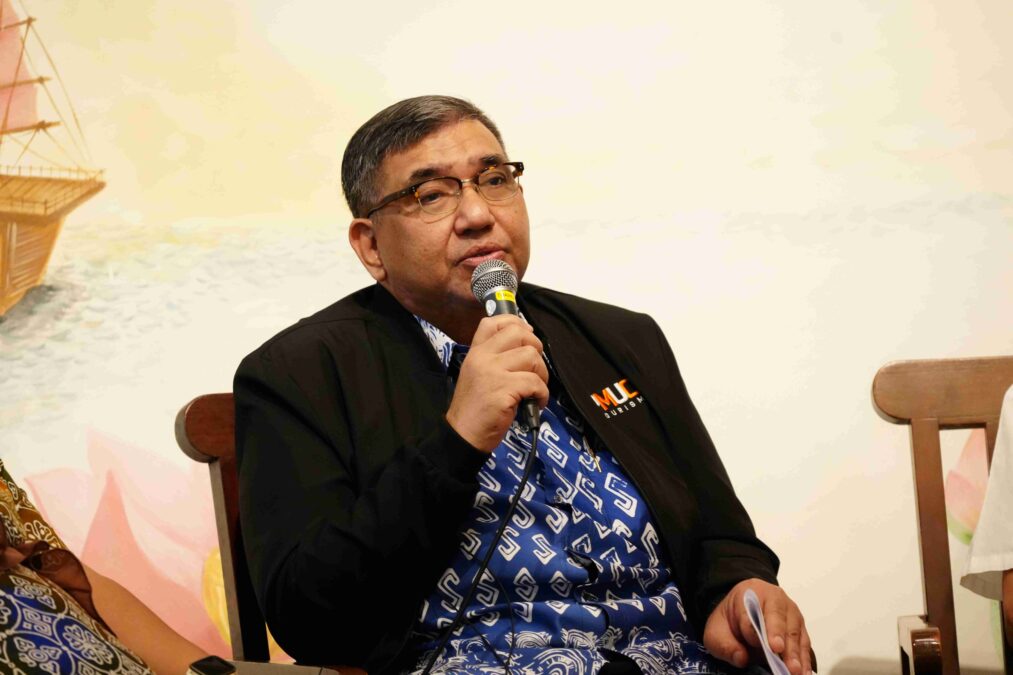
Assoc. Prof.Thammasak Yeemin, Ph.D., Director of the Natural Heritage Tourism Program, Environmentally Friendly Tourism Program, and Carbon-neutral Tourism Program, stated that, under the Tourism and Creative Economy Program, there are over 200 researchers, particularly focusing on carbon-neutral tourism. The program covers all regions and ecosystems, aiming for collaborative efforts with businesses to enhance national competitiveness. Business groups support marketing efforts, leading to commercialization, leveraging a collaborative work environment.
The research on “Developing Standards for Carbon-Neutral Marine Tourism in Thailand,” compensates for carbon emissions from marine tourism activities, and addresses climate change through nature-based solutions to reduce greenhouse gas emissions with blue carbon systems such as mangrove reforestation and seagrass restoration. Additionally, it presents a carbon-neutral diving program example for 4 islands (Tale Wak) in Krabi province by Railay local travel entrepreneurs, who are trained in carbon-neutral tourism standards. They have good safety management plans, engine maintenance, bilingual eco-tourism guides, waste reduction, and food management during tourism activities.
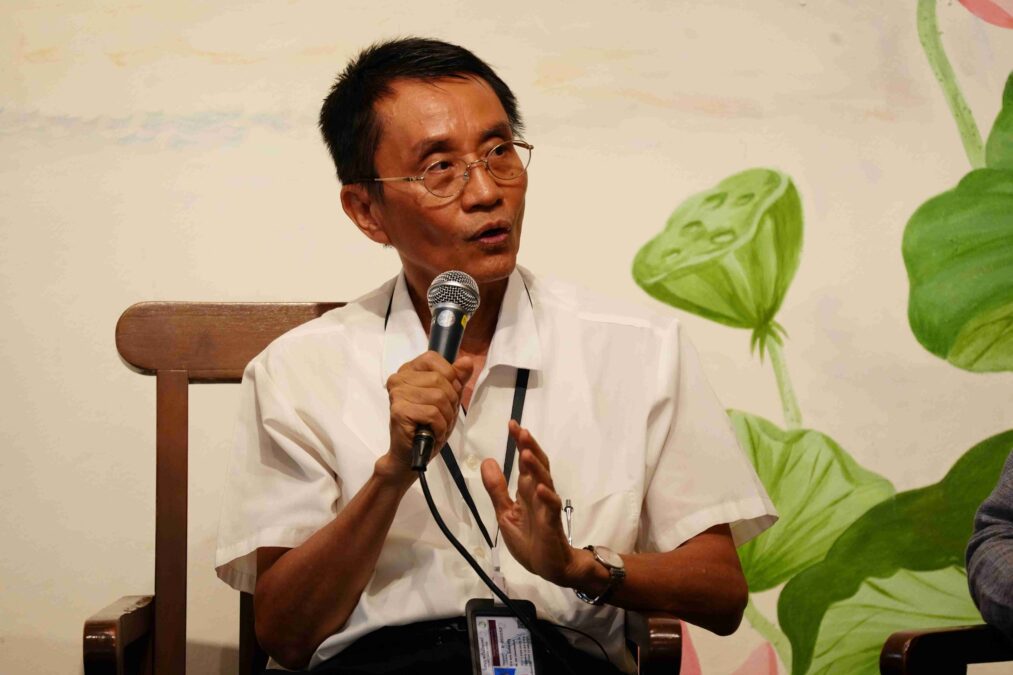
Mr. Don Limnantaphisit, Chairman of the Community Tourism Network in Phuket Province, states that the community designs activities based on research knowledge to accommodate high-quality tourists. These activities include exploring the old town area with bicycles, electric bikes, and scooters, visiting and learning about household energy and waste management, sand spa, sea cucumber harvesting, and growing fern vegetables in the Mai Khao community, Thai massage, natural fabric dyeing, and palm oil-free batik to generate communal income. Furthermore, they produce low-carbon beverages from local materials in the Huai Nam Khao creek. This network supports the continuous development of Phuket’s Old Town community tourism, with Mr. Somyot Patan as the Chairman of the Old Town Community Tourism Cooperative.
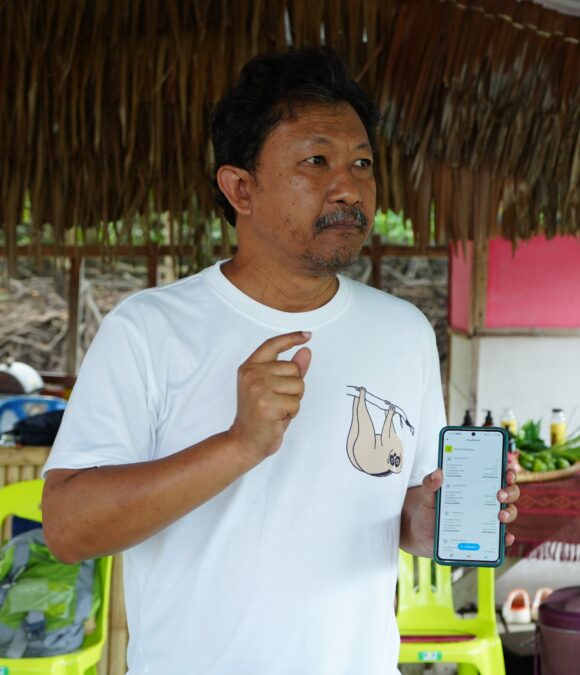
Mr. Niphatpong Chuanchuen, from the Thai Ecotourism and Adventure Travel Association (TEATA), stated that the activities organized solely cater to the demands of sustainable carbon tourism. It progresses from easy to difficult tasks, such as starting with rejecting the use of single-use plastics, consuming low-carbon menu options mainly sourced from locally available ingredients to reduce transportation distances, planning resource usage appropriately and efficiently, adjusting serving sizes to minimize food waste and promote food leftover management, reducing electricity usage and installing additional clean energy when feasible, choosing environmentally-friendly accommodation policies, reducing fossil fuel consumption, supporting environmental restoration systems like seagrass beds to offset carbon emissions, enhancing marine and coastal resource resilience, and serving as carbon sinks for the future, which will have positive long-term environmental impacts, including community-based tourism management that is environmentally friendly.
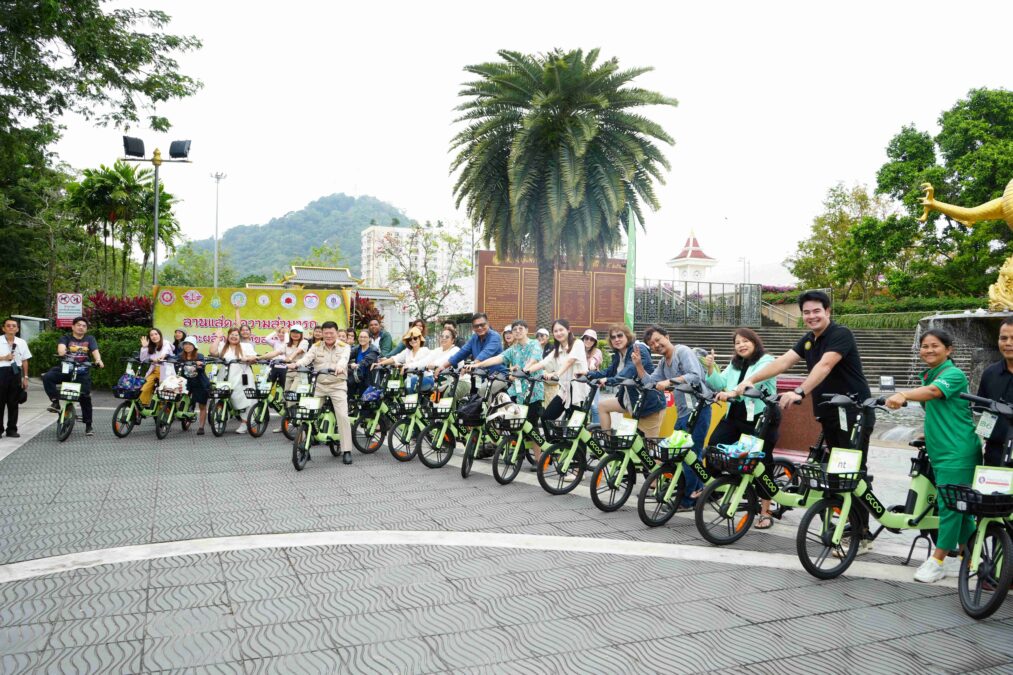
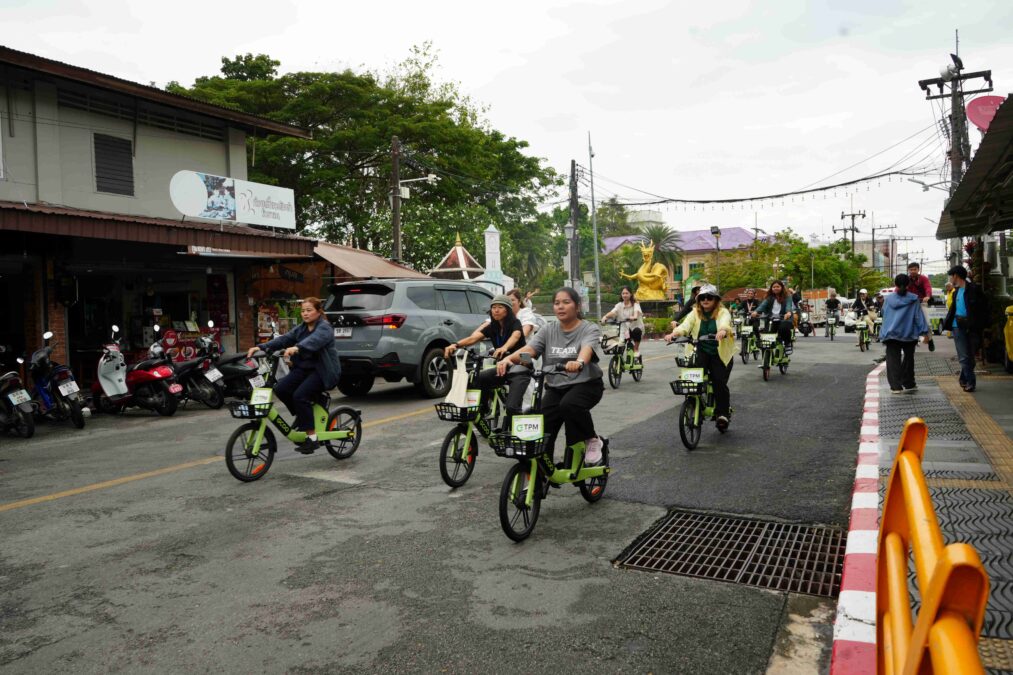

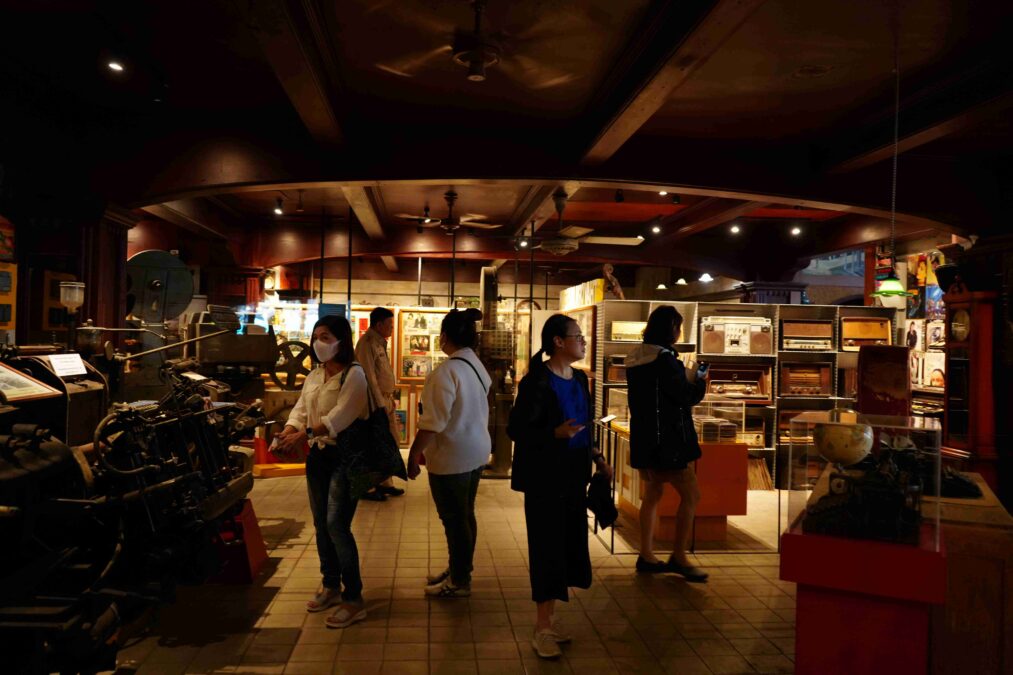
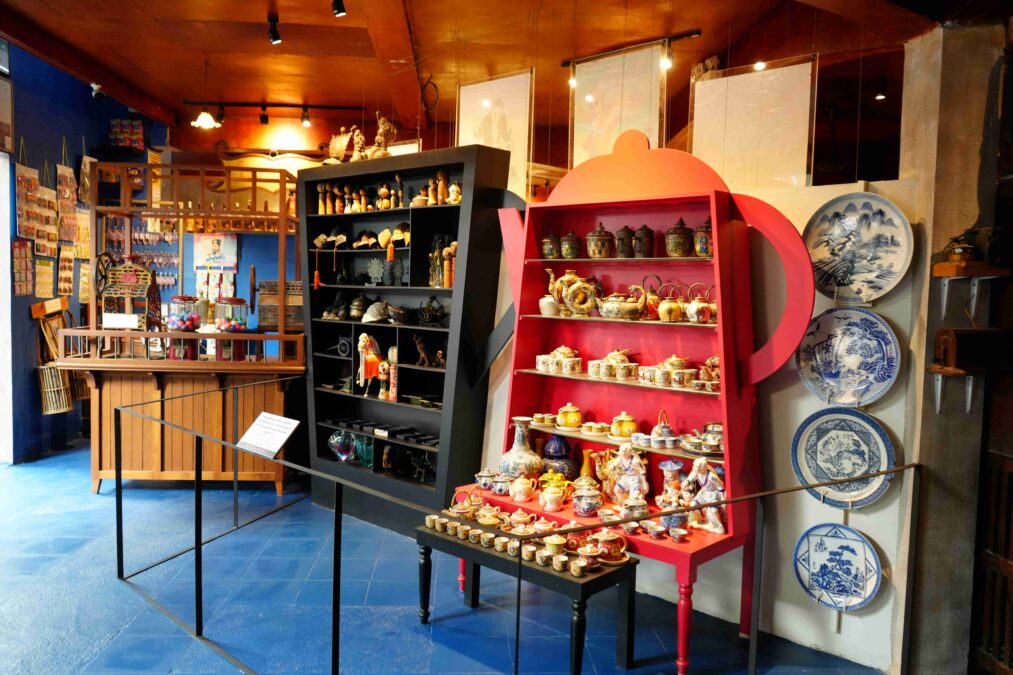
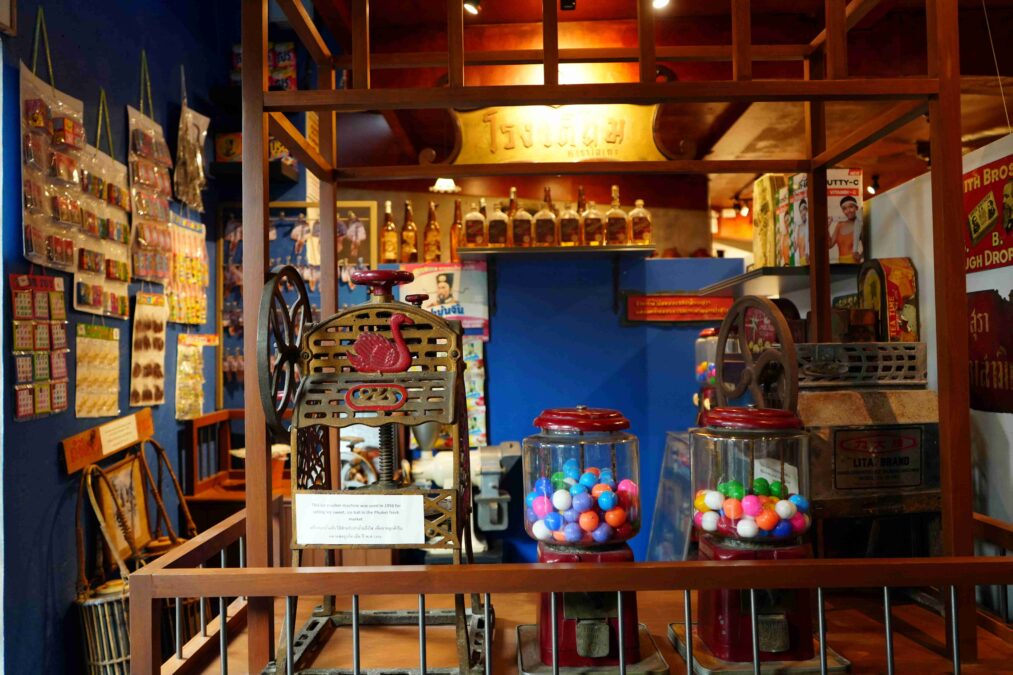
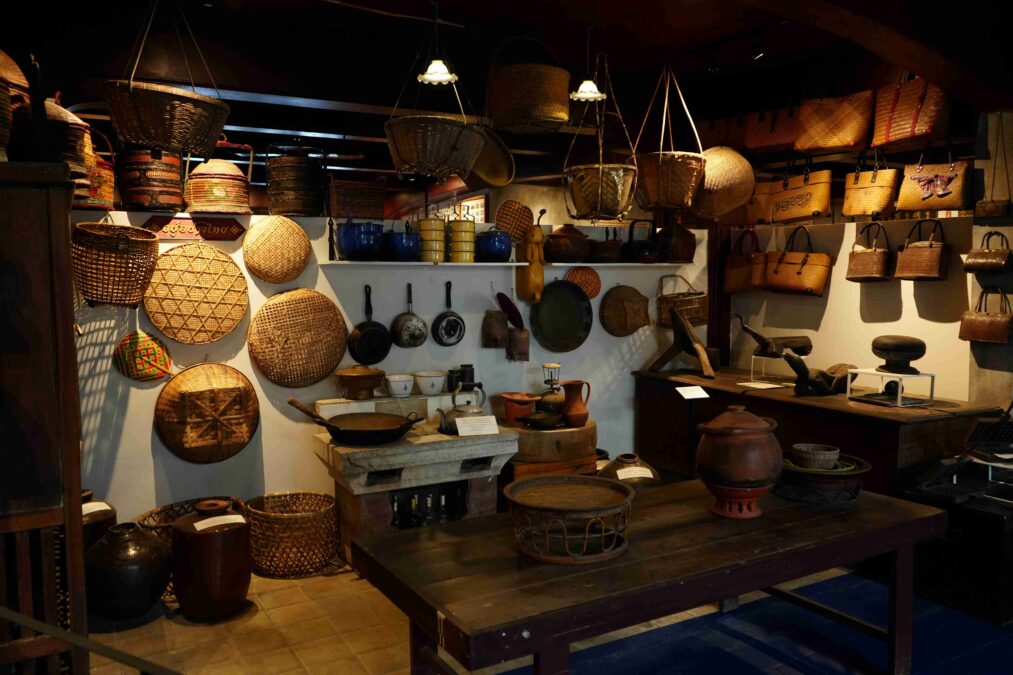
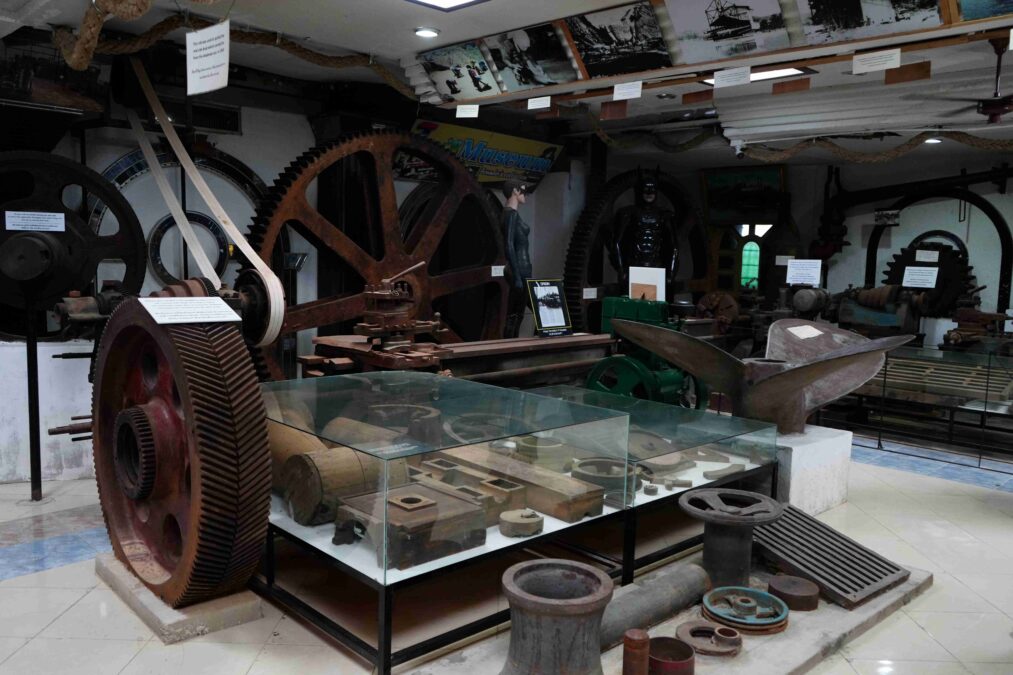
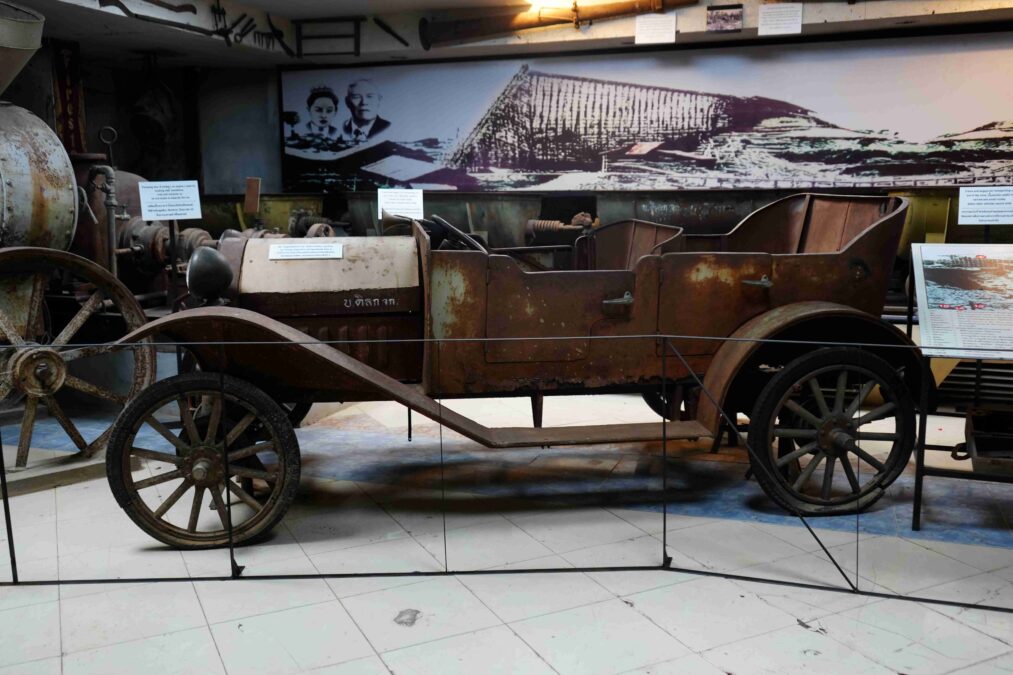
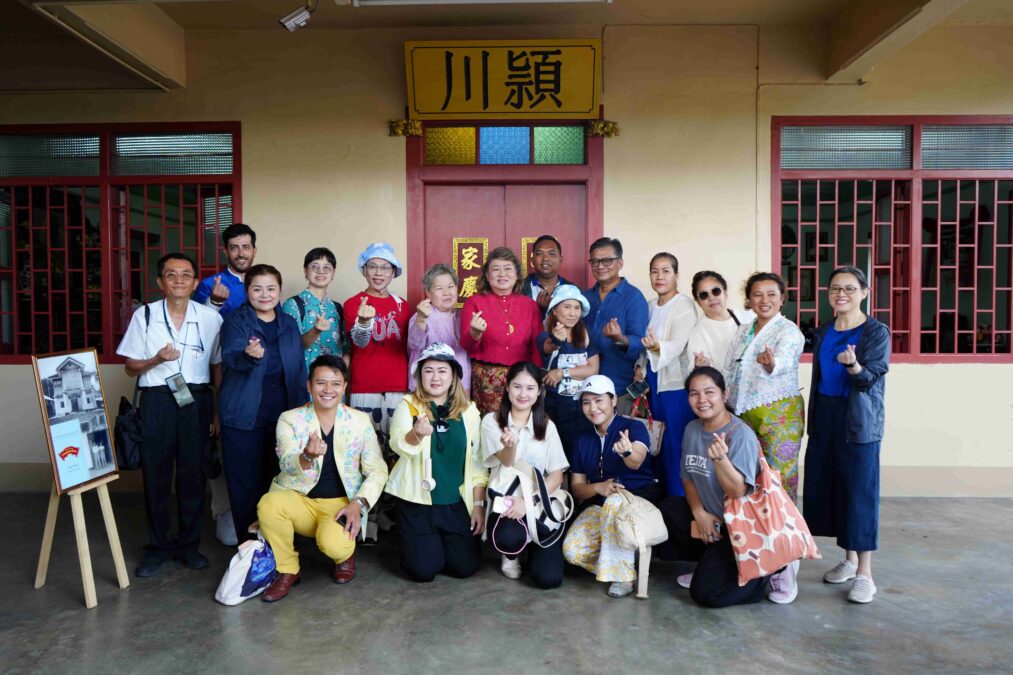
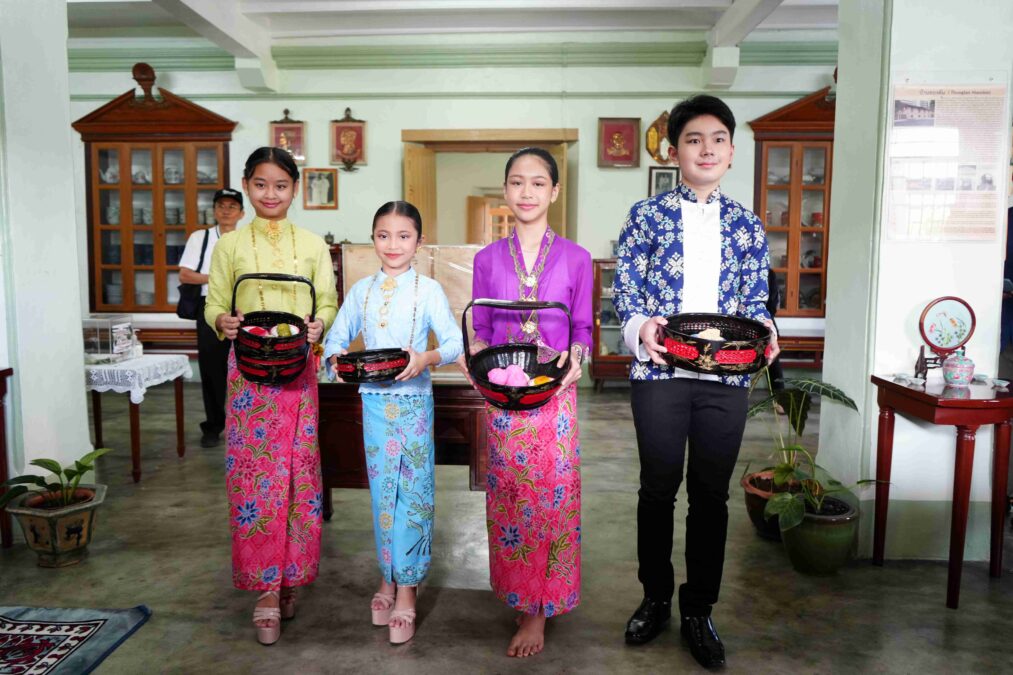

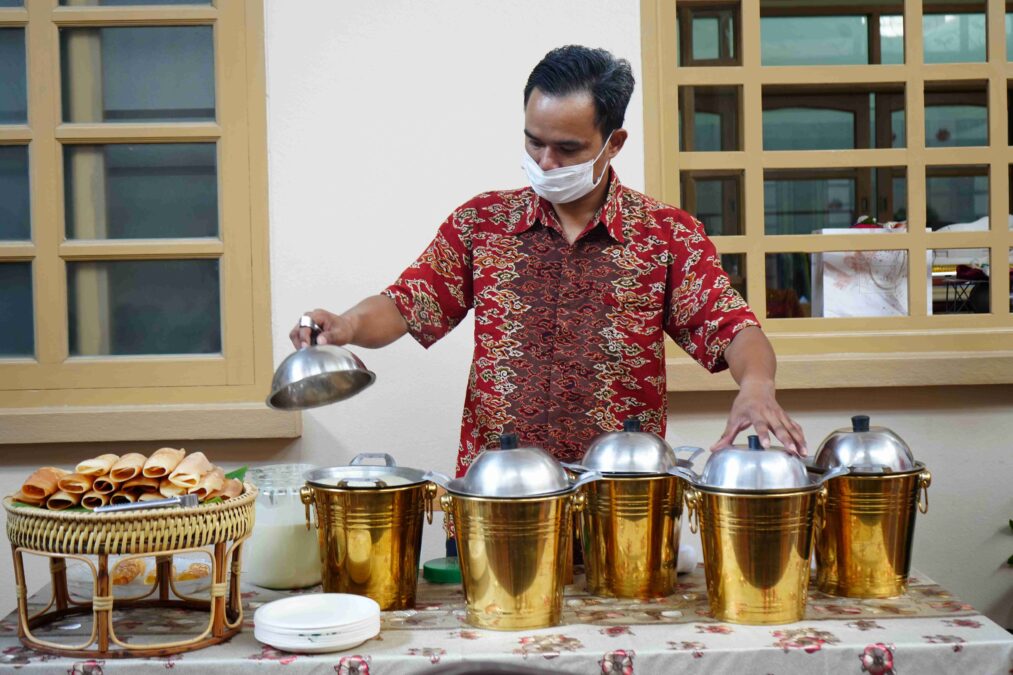
For this event, conducted in Phuket and Krabi provinces, carbon footprints have been evaluated starting from the journey from Bangkok using the Zero Carbon application, resulting in 11.02 tons (tCO2eq) compensated with carbon credits totaling 12 tons (tCO2eq), receiving recognition from the Department of Environmental Quality Promotion in a self-certification format that is easy, quick, and lower cost than other certifications. Furthermore, in this tourism event, efforts were made to reduce carbon footprints from the baseline (if no measures were taken) by more than 15%, such as adjustments in air travel where some travelers opted for van transportation instead, choosing airlines with clear greenhouse gas reduction policies, vans refrained from distributing cold towels and bottled water, utilizing local transportation options like rickshaws and electric bicycles, etc., preparing event venues to be mostly open-air and utilizing solar panels for electricity, selecting environmentally-friendly accommodation and lowering star-rated accommodations to reduce hotel stay carbon footprints, crafting intricate food menus to minimize meal leftovers, as well as preparing participants to participate in reducing waste from the source. Additionally, there were volunteer eco-tourism activities to restore seagrass beds, distribute souvenirs made from naturally dyed fabric ties, and other initiatives aimed at reducing baseline emissions. This collaboration signifies the initiation of a concerted effort from all sectors to drive tangible Net-zero tourism.
The goal of the Tourism and Creative Economy Program at PMUC for the current 5-year period (2023-2027) aims to make Thailand a Net-zero Tourism destination through research, innovation, and tourism product development in collaboration with entrepreneurs, transitioning from conventional tourism to carbon-neutral tourism and further shifting towards tourism aiming for net-zero greenhouse gas emissions that can meet the demands of quality tourists, positively impacting the economy, society, coupled with environmental conservation, fostering stakeholder participation for joint efforts to sustainably reduce greenhouse gas emissions for tourism.
